
Iodine
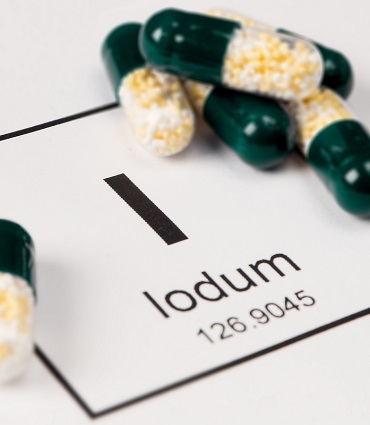
Description
Iodine is a component of thyroid hormones, which are essential for the development of the foetus.
This trace element is metabolized and stored in the thyroid gland. Most iodine comes from the sea (fish, seafood and algae).
Due to precipitation, it is found unevenly in the land, and therefore in the various plants consumed; however, it is found in soya, green beans and dairy products.
This trace element is essential for human life. Adults need about 150 µg of iodine per day, and pregnant women need more (between 200 and 290 µg). Iodine is used exclusively to produce thyroid hormones, including thyroxine.
It is often added to cooking salt (iodised salt), and sometimes to milk (in the United Kingdom in particular) to make up for any deficiency (see also the table of foods rich in iodine). The lifetime requirement of iodine is about 2-4 grams, equivalent to one teaspoon. This may seem insignificant, but the stakes are high because our bodies are unable to store this trace element for long periods.
The benefits
- Contributes to the normal development of children;
- Plays an essential role in the synthesis of thyroid hormones and in theproper functioning of the thyroid;
- Contributes to the normal functioning of cognitive functions and the nervous system;
- Contributes to normal energy metabolism and skin maintenance.
Our products based on Iodine
-
€22.00
-
€50.90
-
€26.00
-
€20.00
-
As low as €26.30In stock
-
As low as €50.00In stock
-
€33.50











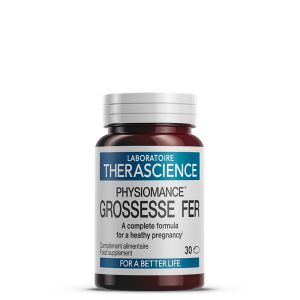
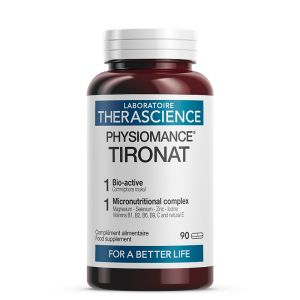
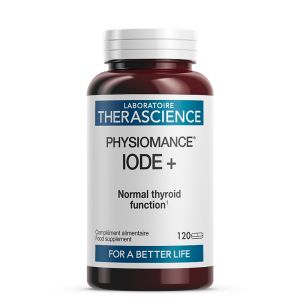
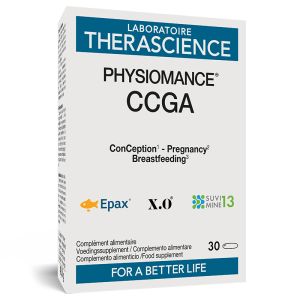
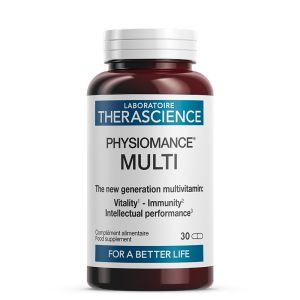
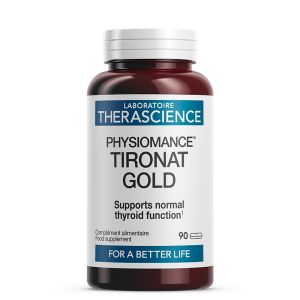

Recommandé par mon médecin, je l'utilise régulièrement, avec de tvoir plus
Avis du 28/09/2024, suite à une expérience du 11/09/2024 par Silvia S